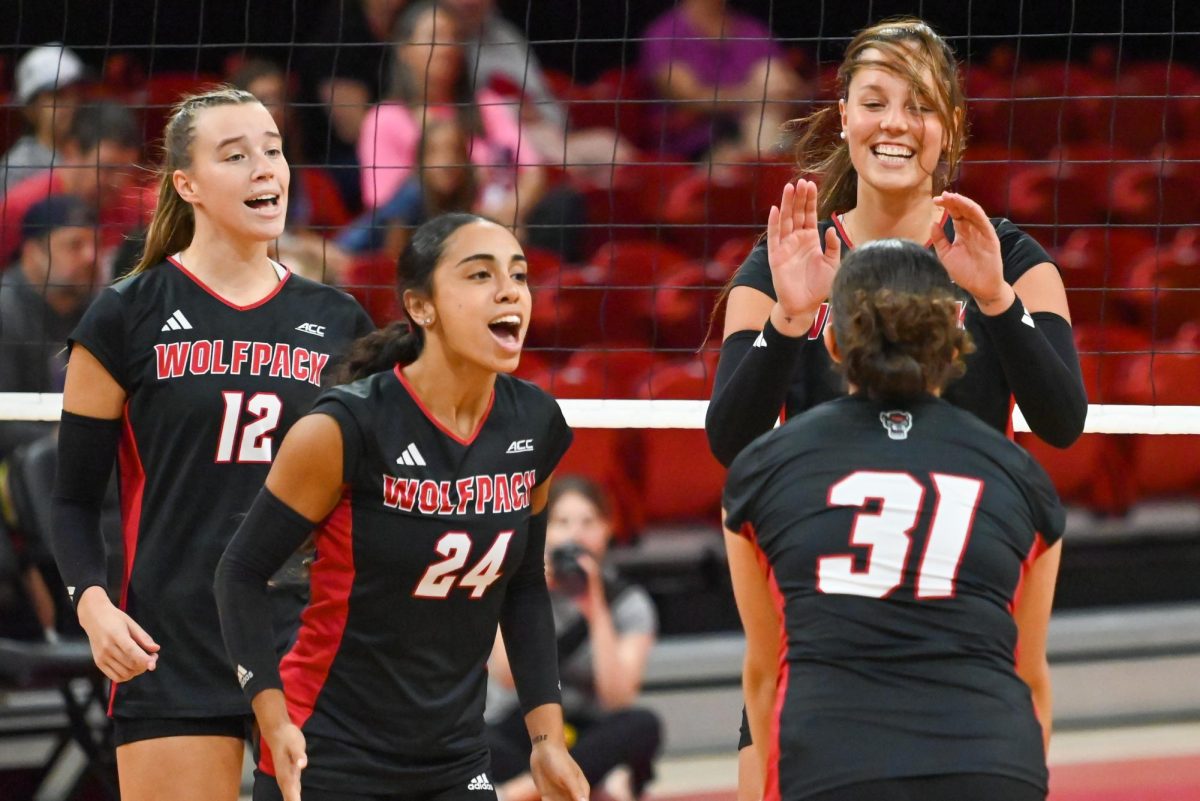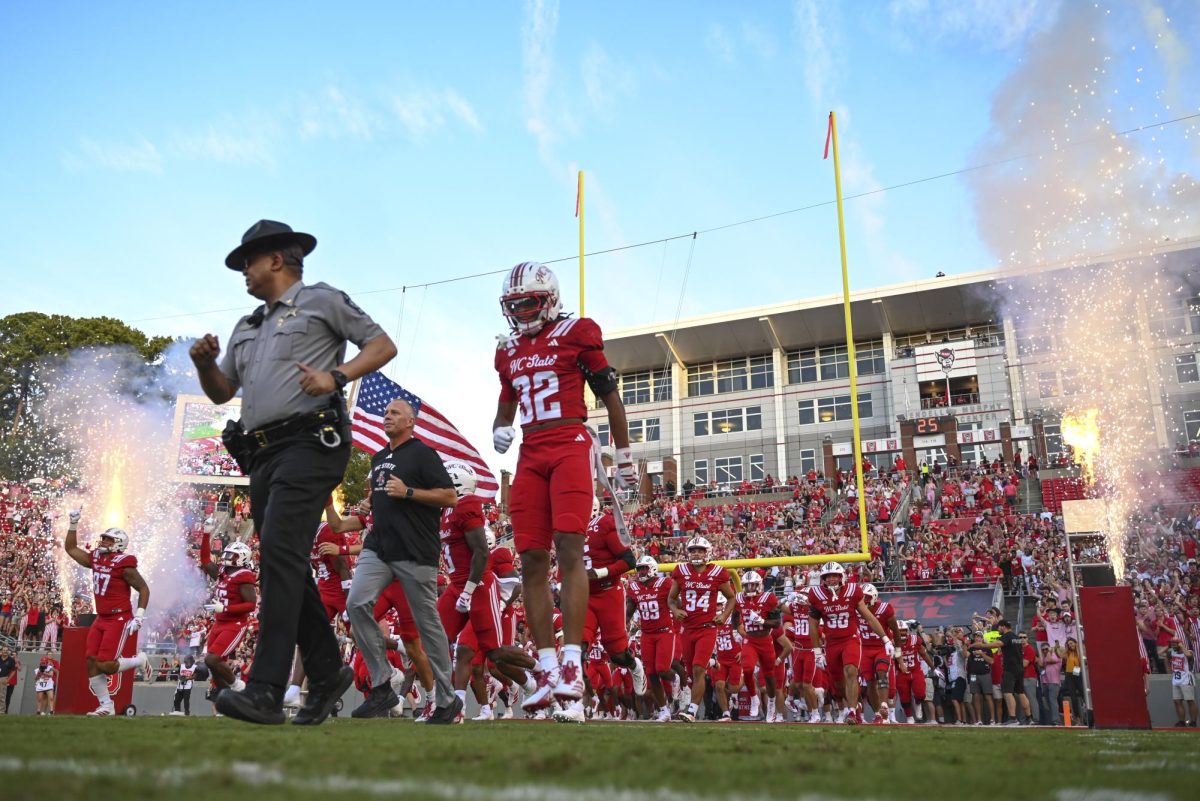When a federal district court judge ruled in June that Fox Searchlight Pictures should have compensated two unpaid interns during the filming of Black Swan, several other lawsuits emerged challenging the prevalent practice of unpaid internships, Businessweek reported.
The lawsuit against FSP claimed that the two interns did menial tasks for their employer, such as taking out the trash and getting coffee, and didn’t get the work experience to offset working for free.
The story of the Black Swan interns and others who have been taken advantage of by their employers is something recent graduate Cassia Lewis can relate to.
Lewis graduated from the College of Textiles in December of 2013 and is now a product and sales coordinator for the International Textile Group in Greensboro.
Though Lewis said she actually received valuable experience for an unpaid internship, she was doing work that a paid employee would do.
“I did a lot of work as an intern that they should have hired somebody to do,” Lewis said about her internship with retailer Shawlsmith London. “I still do love that company and I had great experiences that definitely benefited me not only in the position I’m in now, but also in other aspects of my life.”
Lewis did get class credit for the internship and assisted the company with social media maintenance, shipped packages and assisted with planning and organization for the office.
Lewis said the problem with unpaid internships, in her opinion, is that many companies in general do abuse the internship process because an internship is supposed to be an educational experience where you shadow professionals.
“To me it felt like I was doing a job somebody should’ve been getting paid for,” Lewis said. “It was like a part-time job working over twenty hours a week.”
However, Woody Catoe, an assistant director at the University Career Center said students should know beforehand what tasks they will be doing and how many hours a week they’re expected to work.
According to Catoe, using the UCC’s services can help students develop a strategy for searching for internships and to figure out what type of work employer expect for an internship.
“A student going into an internship should be ready to ask very specific questions about expectations, hours working and opportunities to learn new skills,” Catoe said.
According to an article by the New York Times article, many students across the country are also getting stuck with unpaid internships that don’t lead to paying jobs.
The article mentioned an aspiring record executive, Tenneh Ogbemudia, 23, who applies for hundreds of paid jobs a month, but hasn’t landed a job yet. However, she’s frequently contacted by employers after inquiring about unpaid internships.
Catoe said it seems like Ogbemudia and others interviewed for the article were expecting the internship to “magically” lead to a paying job when an internship is one tool among many students should be using in an active job search.
“People need to not only see your resume, but they want to hear your career story,” Catoe said. “They want to see your face and talk to you and engage you.”
Catoe said old, clichéd networking is useful and makes a huge difference when trying to find a job.
According to Catoe, the UCC screens internships posted on the ePack website to make sure they are legitimate and true opportunities for students to grow professionally and career wise.
“There’s almost an expectation that an internship experience will be on a resume,” Catoe said. “I typically tell most students that it’s not an option anymore if you want to be serious about your job search.”
Catoe said internships aren’t just about building credibility; they also help the student gain clarity about their career path, which you can’t beat hands-on experience for doing that.
“Having that internship experience is definitely something employers expect,” Lewis said. “It’s not just an added bonus that you have on your resume anymore, they expect it.”
A student can also figure out if they’re suited for that career path by doing an internship.
Catoe said the UCC can be extremely valuable for students to help them develop a strategy for searching for good internships and figuring out which questions to ask employers when weighing their options.
According to Catoe, sometimes students have an opportunity to do a paid internship, but they largely involve answering a phone and doing office work.
“An unpaid internship may be a better opportunity to get hands on experience to gain skill sets that can be marketable later on in a job search,” Catoe said. “You have to look at the value of what you’re going to bring out of that instead of just monetary value.”
By law, according to the U.S. Department of Labor, “If an employer uses interns as substitutes for regular workers or to augment its existing workforce during specific time periods, these interns should be paid at least the minimum wage and overtime compensation for hours worked over forty in a workweek.”
“There’s certain criteria that need to be met in order for an internship to be justifiably called an unpaid internship,” Catoe said.




